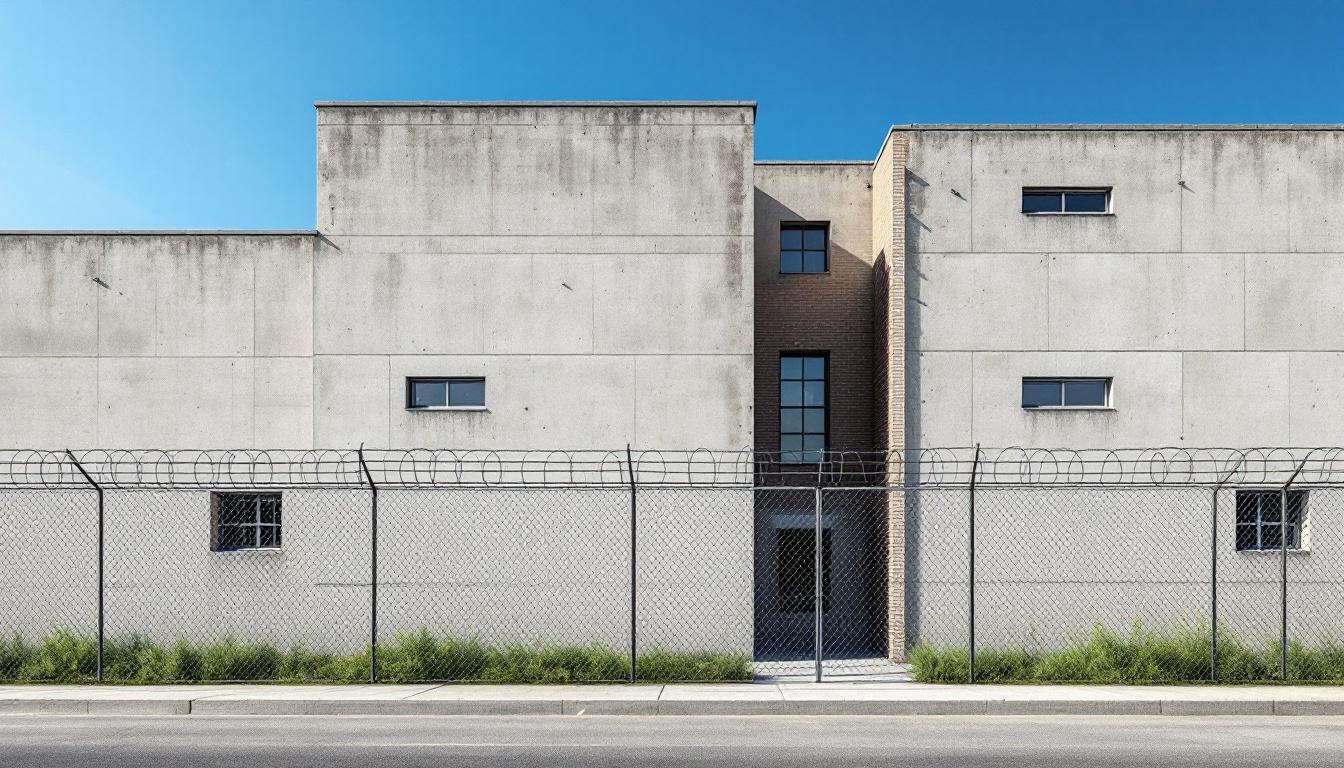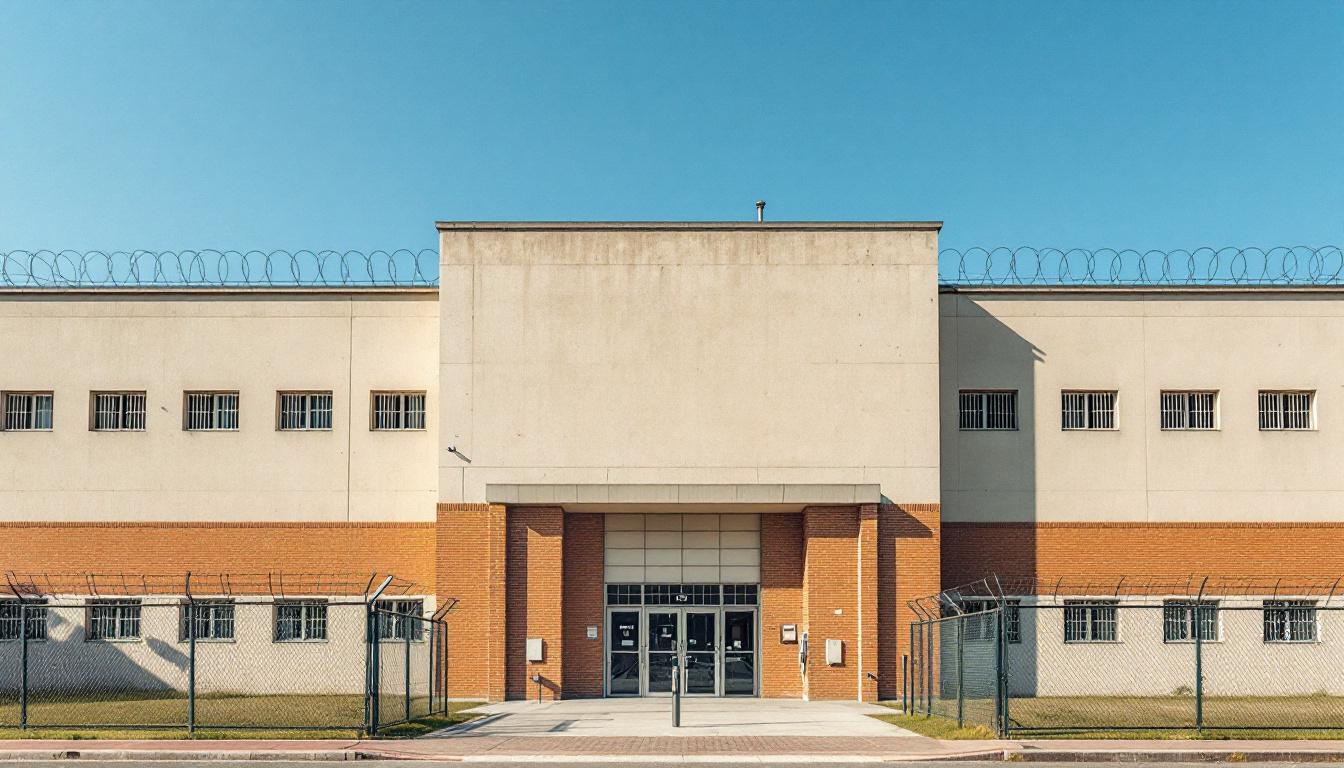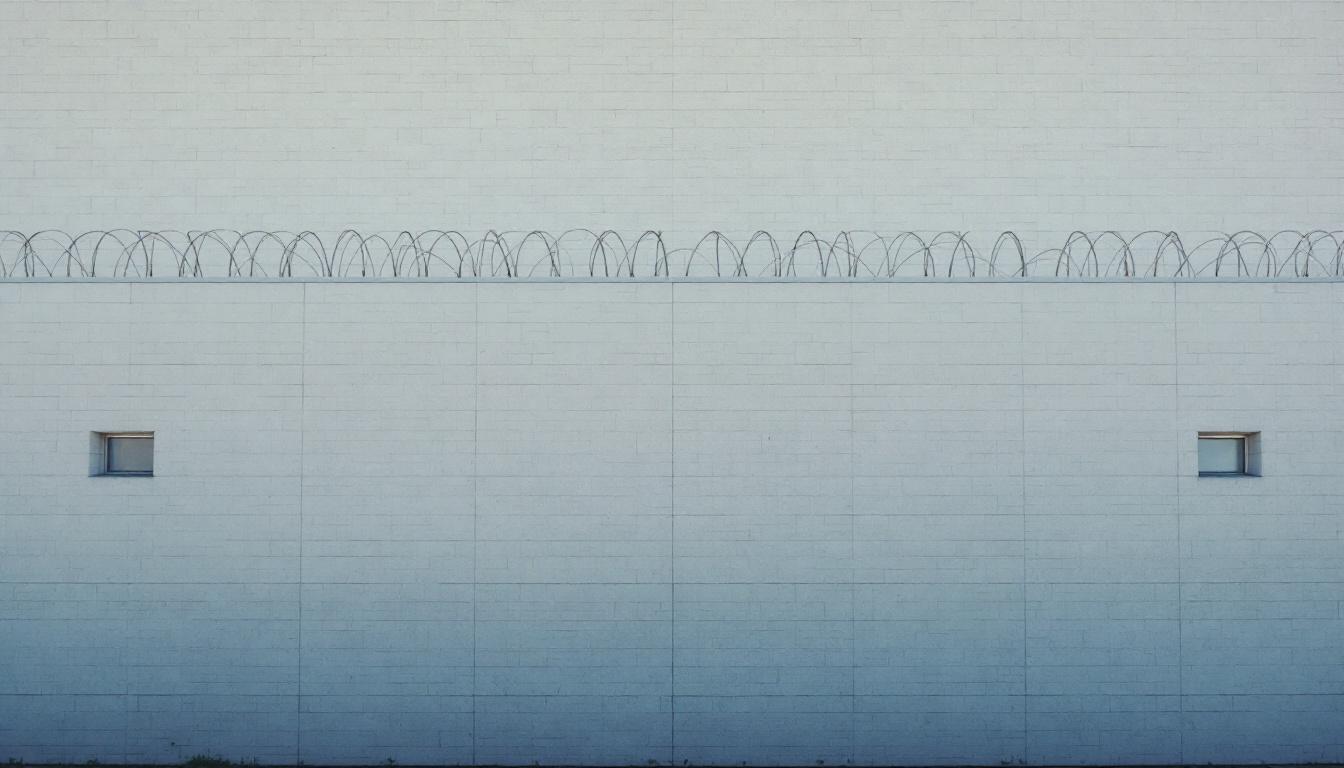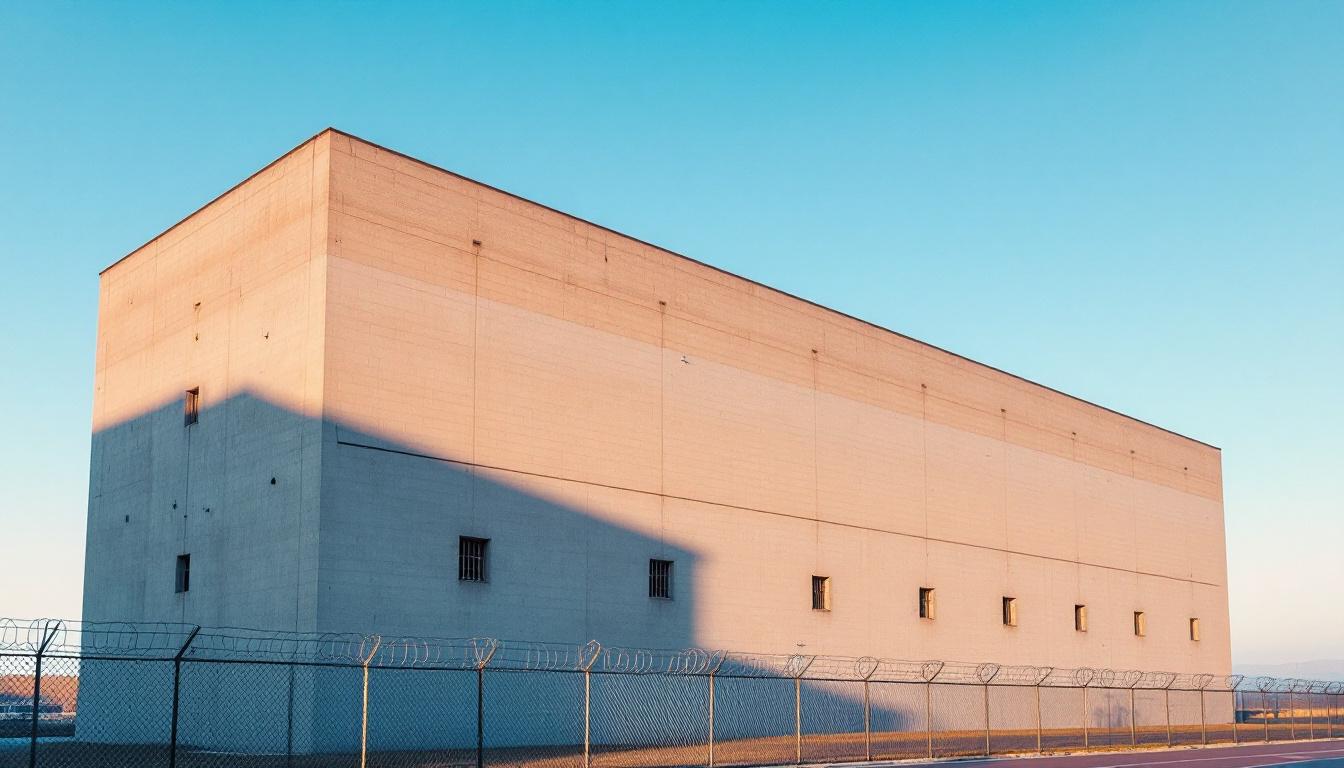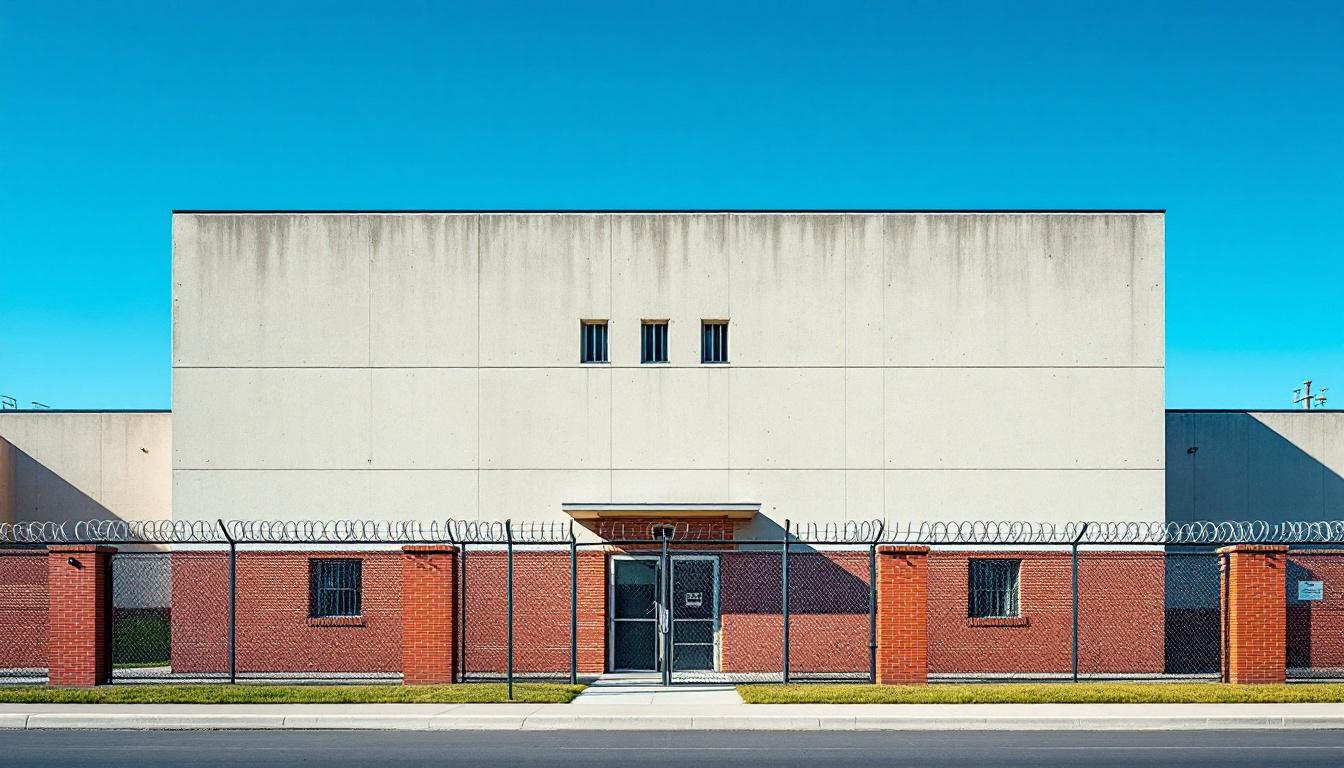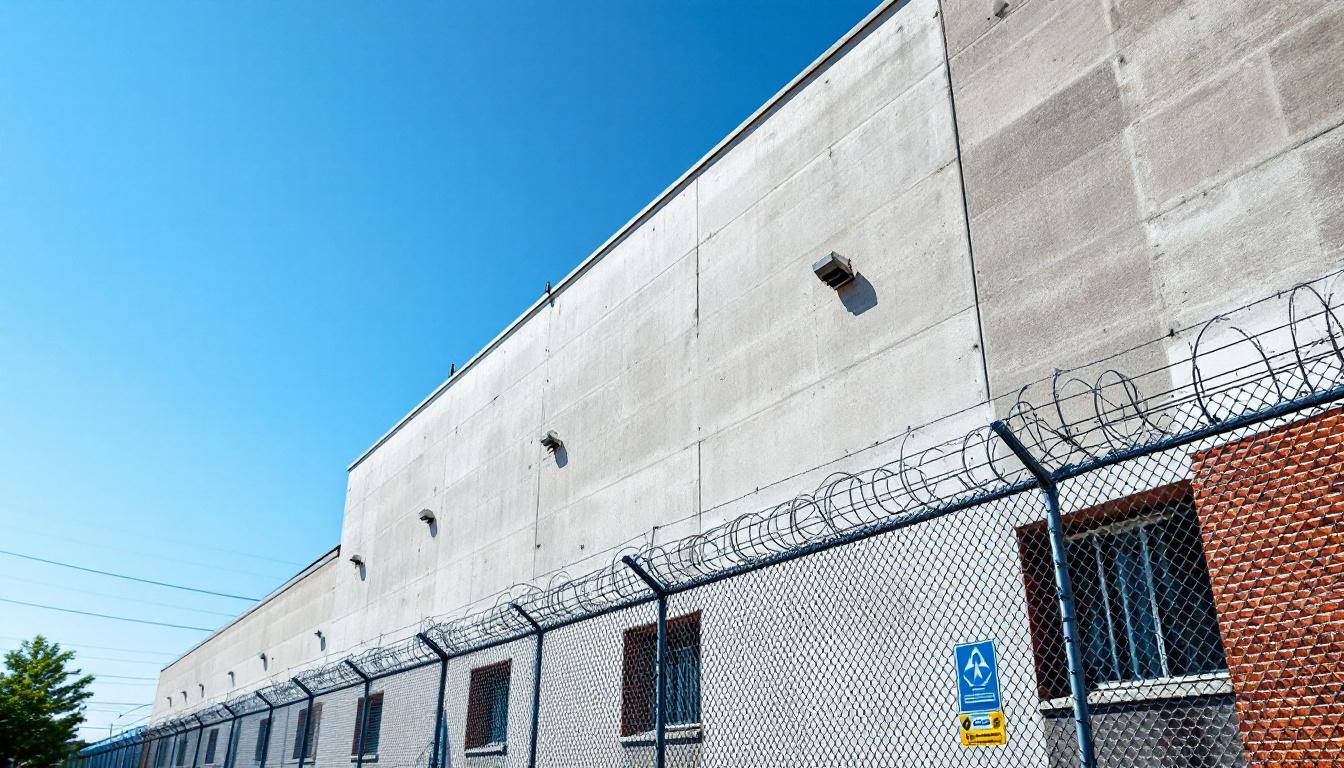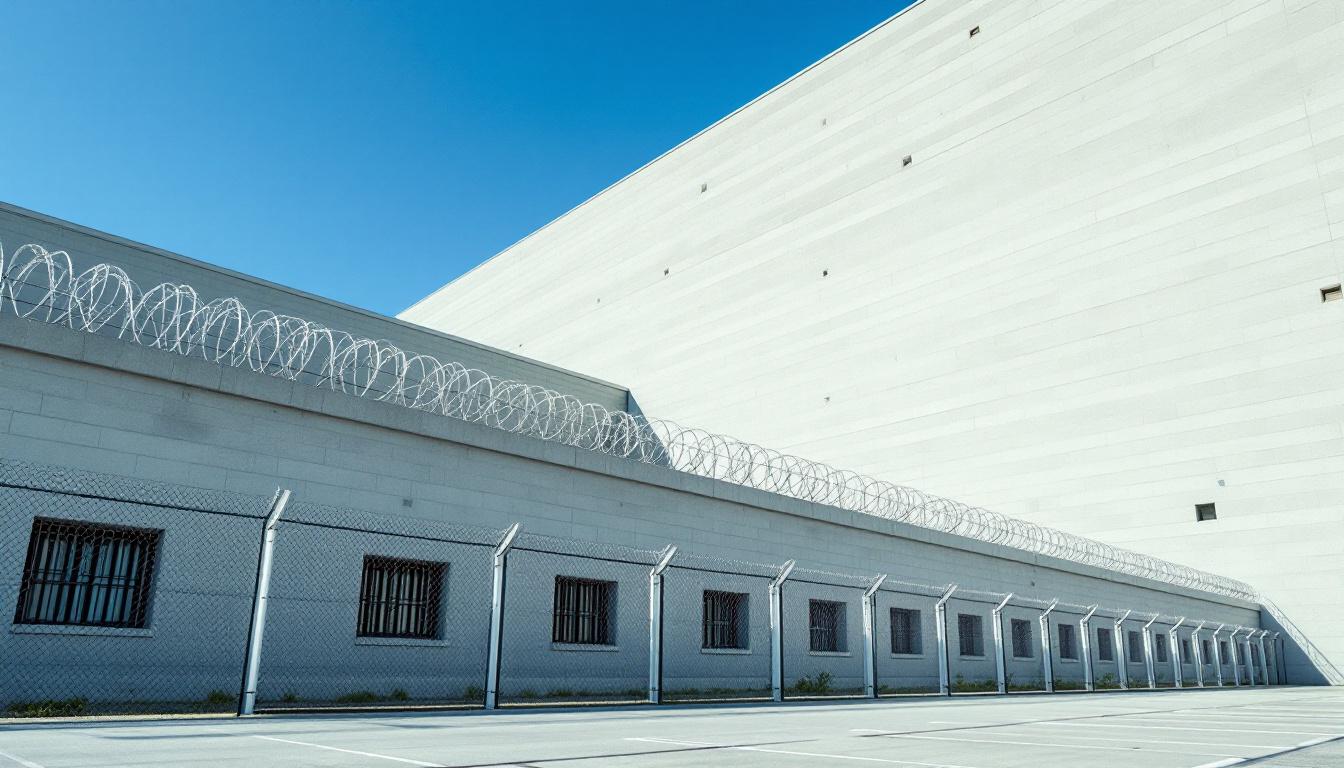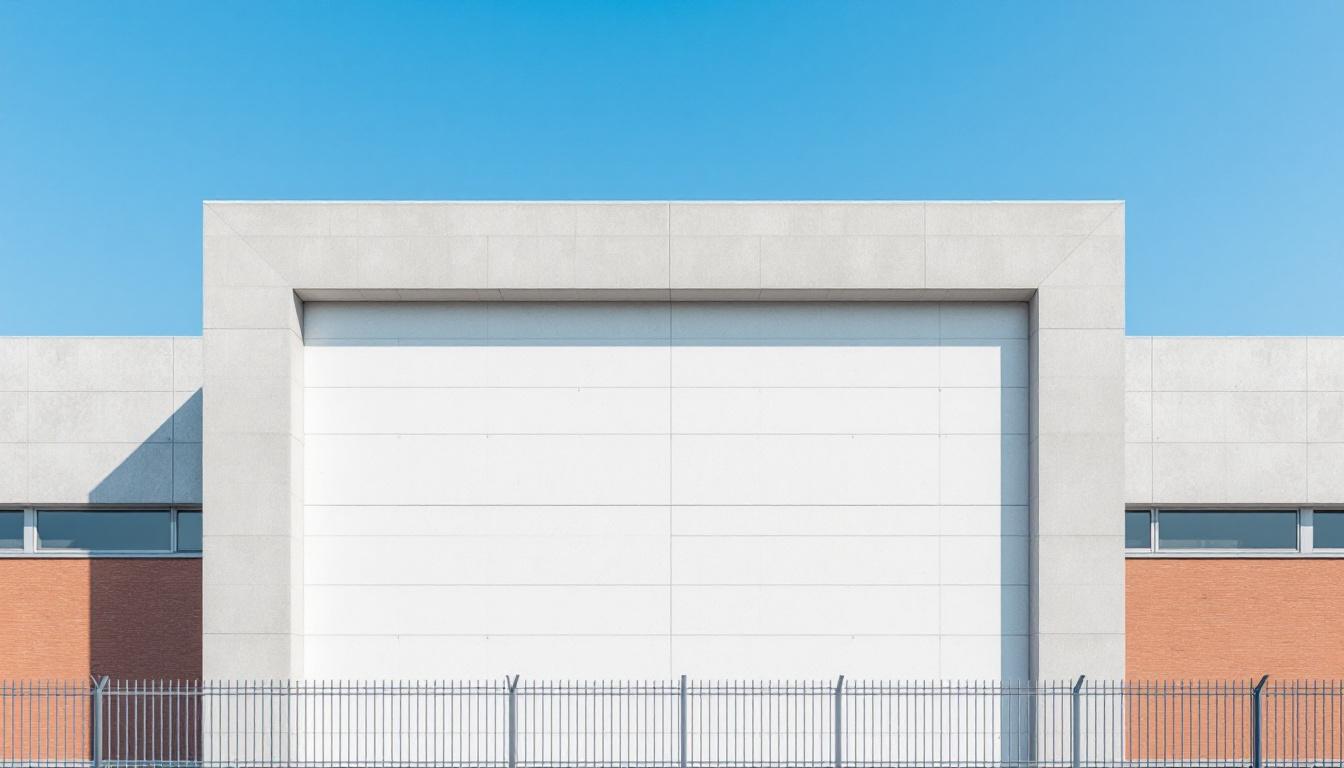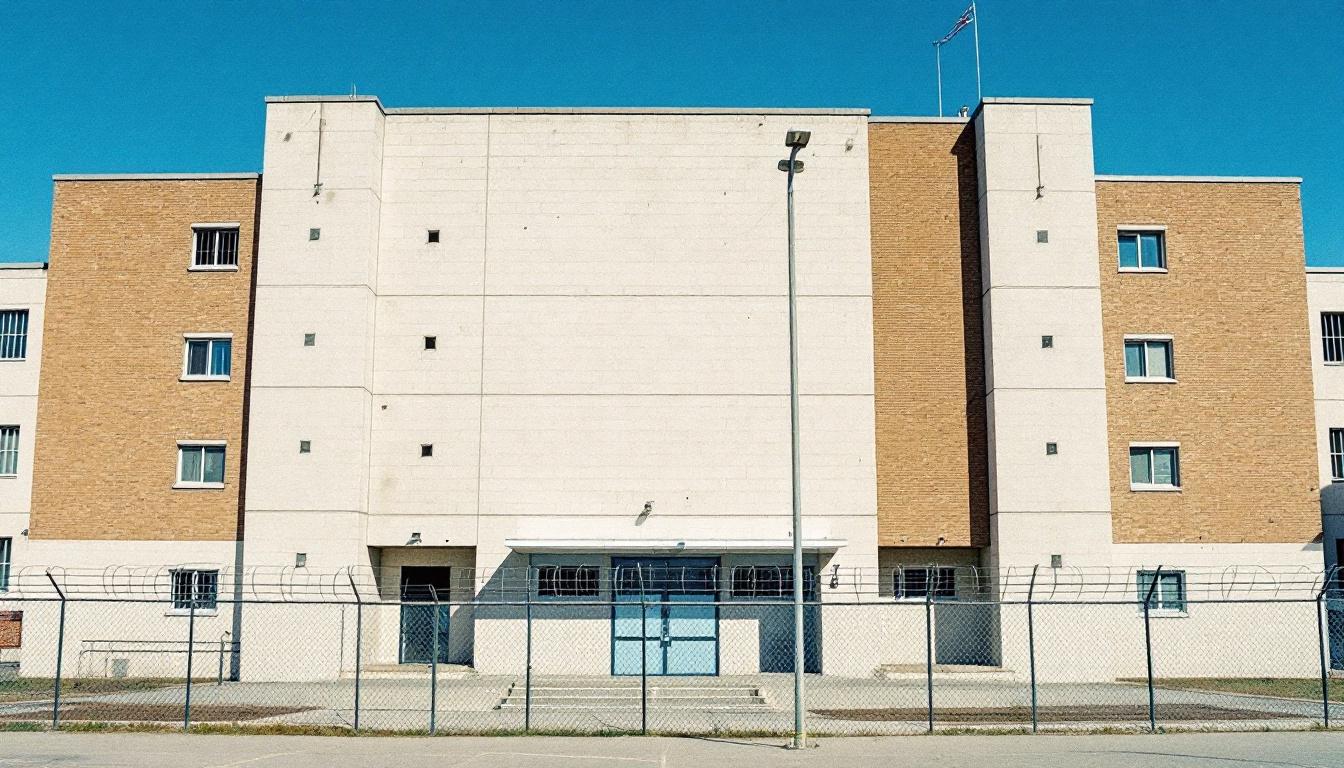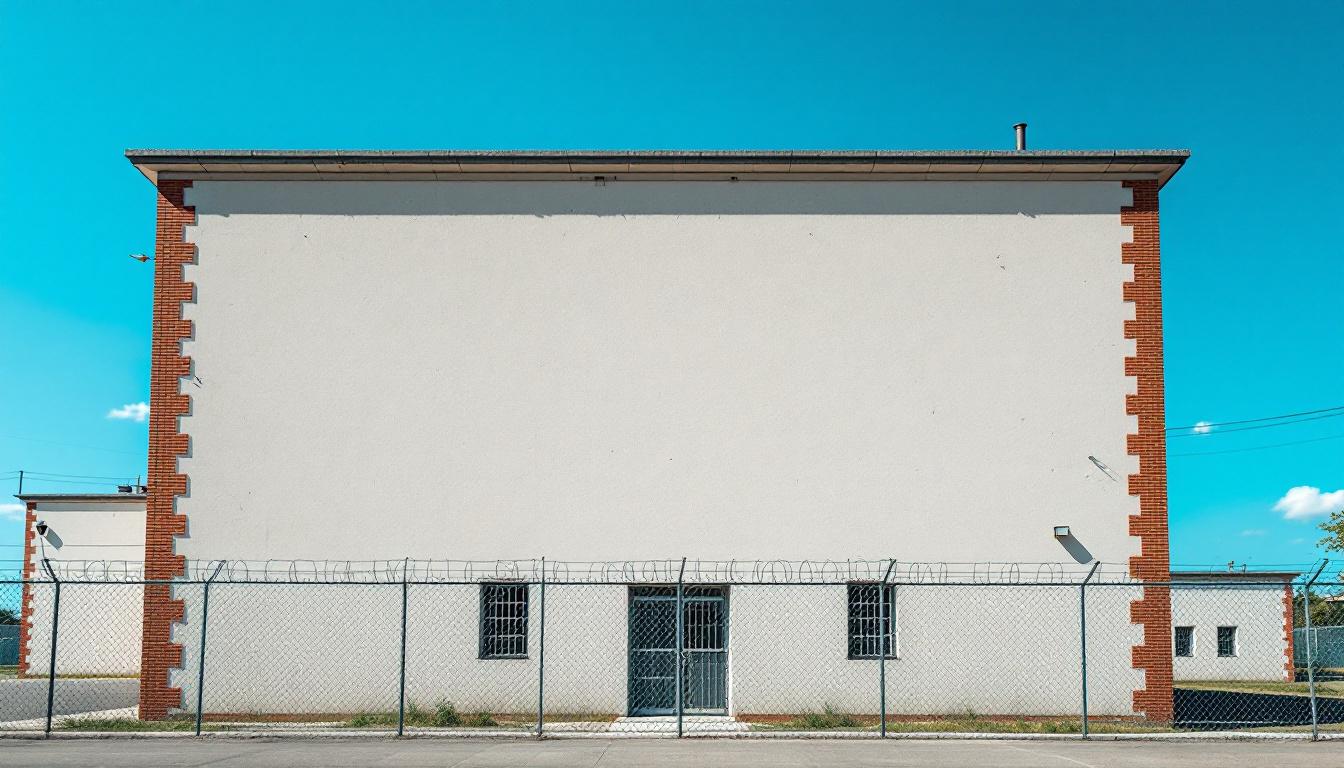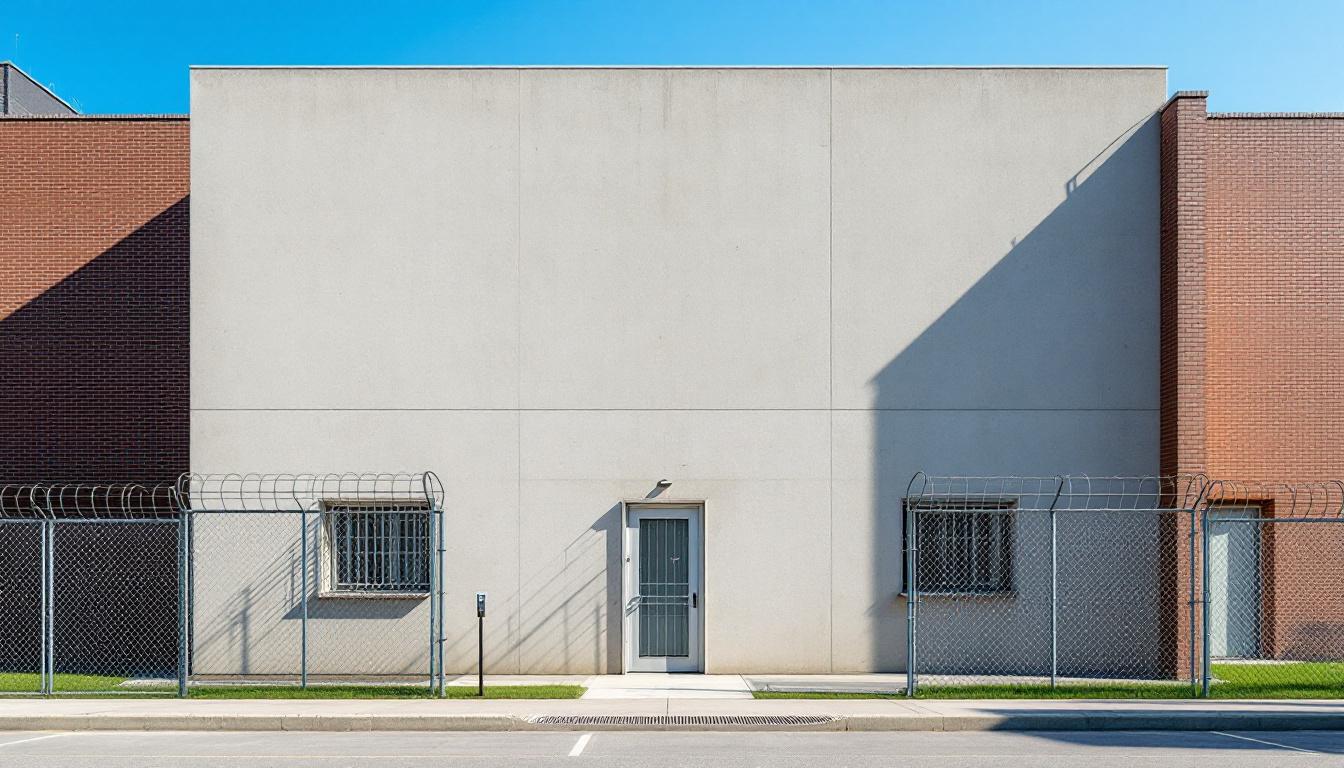
Quick Navigation
How to contact an inmate at Blount County Juvenile Detention
This comprehensive guide will walk you through how to connect with an inmate at Blount County Juvenile Detention. Follow the steps below to find an inmate and send letters and photos:
- Search for the inmate using our search tool below
- Create your account or log in to Penmate
- Write your message (up to 6,000 characters)
- Send instantly - inmates receive printed copies daily
Find an Inmate
Search for an inmate to start communicating today
Tip: You can search by first name, last name, or inmate ID number
To contact a person at Blount County Juvenile Detention start by searching for the person on the official facility website. Perform a search by following these steps:
- Step 1: Enter their first name and last name into the search form and click "Search"
- Step 2: Locate their inmate record
- Step 3: Write down their Inmate ID and any housing information provided
Important! Be sure to enter the person's full name. Nicknames should not be used.
How to Send Messages to Inmates

You can use your phone or computer to send emails, letters, and photos to an inmate. Messages are sent electronically to inmate tablets or kiosks at the facility. If you would like to send a message, start by searching for an inmate at Blount County Juvenile Detention.
Sending Photos and Postcards

A great way to send love and support to a loved one at Blount County Juvenile Detention is to send photos and postcards. It only takes a few minutes to send photos from your phone and it makes a huge difference. You can also mail postcards with words of support and inspiration, or design your own postcard for special moments like birthdays and holidays.
Important! Be sure not to send any explicit photos or they may not be approved by the facility. You can also use a photo printing app like Penmate to make sure your photos are printed at the correct size (4x6 or 3x5) and are mailed according to the rules and regulations of Blount County Juvenile Detention.
Frequently asked questions about Blount County Juvenile Detention
-
How long does it take to deliver a message?
If you're sending an email message your letter is usually delivered within 24-48 hours. For messages sent via mail you should expect delivery within 3-7 days. All messages will need be approved by Blount County Juvenile Detention.
-
How much does it cost to send a message to Blount County Juvenile Detention?
You can send a message free using your phone or mail a message via USPS for the price of a $0.60 stamp and envelope. You can also purchase credits or e-stamps from services starting at $1.99.
-
What services can I use to contact an inmate at Blount County Juvenile Detention?
Penmate
You can use Penmate to send letters and photos to an inmate from your phone. It's an easy way to stay in touch during your loved one's incarceration. Use the inmate locator to find an inmate's location and contact information, then you can send messages within a few minutes.
Securus messaging
Securus may be another option for communicating with an inmate at Blount County Juvenile Detention. You can create a friends and family account and purchase credits to send messages. All messages will be reviewed and must be approved by the facility.
JPay
Some county jails and state prisons may support sending messages with JPay. You must register an account with the system, find your loved one, and purchase stamps to send messages. For some locations you can also attach photos.
Smart Jail Mail
You may also check if Smart Jail Mail is available at Blount County Juvenile Detention. Smart Jail Mail is operated by Smart Communications and has contracted with some state and county jails. After purchasing credits, your messages and photos are sent to the facility, printed out, and then handed out to your loved one.
-
What is the mailing address of Blount County Juvenile Detention?
Mailing address:
Blount County Juvenile Detention
329 Court St
Maryville, TN 37804
Phone: (865) 273-5959 -
What are the visiting hours at Blount County Juvenile Detention?
Visiting hours at Blount County Juvenile Detention vary by housing unit and security level. Generally, visits are scheduled on weekends and holidays, with some facilities offering weekday visits. Contact the facility directly at (865) 273-5959 or check their website for the current visiting schedule. Visits typically last 30-60 minutes and must be scheduled in advance.
-
What items are prohibited when sending mail to Blount County Juvenile Detention?
Prohibited items typically include: cash, personal checks, stamps, stickers, glitter, glue, tape, staples, paperclips, polaroid photos, musical or blank greeting cards, hardcover books, magazines with staples, and any items containing metal or electronics. Only send letters on plain white paper with blue or black ink. Photos must be printed on regular photo paper (no Polaroids). Always check with Blount County Juvenile Detention for their specific mail policies.
-
How do I send money to an inmate at Blount County Juvenile Detention?
You can send money to an inmate at Blount County Juvenile Detention through several methods: 1) Online using JPay, Access Corrections, or the facility's approved vendor, 2) Money orders mailed directly to the facility with the inmate's name and ID number, 3) Kiosks located in the facility lobby, or 4) Over the phone using a credit or debit card. Fees vary by method, typically ranging from $2.95 to $11.95 per transaction.
-
Can I schedule a video visit with an inmate at Blount County Juvenile Detention?
Many facilities now offer video visitation as an alternative to in-person visits. At Blount County Juvenile Detention, video visits may be available through services like Penmate, Securus Video Connect, GTL, or ICSolutions. Video visits typically cost $10-20 for 20-30 minutes and must be scheduled in advance. You'll need a computer or smartphone with a camera and reliable internet connection. Contact the facility for their specific video visitation policies and approved vendors.
-
What identification do I need to visit an inmate at Blount County Juvenile Detention?
All visitors must present valid government-issued photo identification such as a driver's license, state ID, passport, or military ID. Minors must be accompanied by a parent or legal guardian who can provide the minor's birth certificate. Some facilities require visitors to be on the inmate's approved visitation list, which may require a background check. Contact Blount County Juvenile Detention for specific ID requirements and visitor approval procedures.
-
How can I find out an inmate's release date?
To find an inmate's release date at Blount County Juvenile Detention, you can: 1) Use the online inmate search tool if available, 2) Call the facility's records department, 3) Contact the inmate's case manager or counselor, or 4) Have the inmate provide this information during a call or visit. For privacy reasons, some facilities only release this information to immediate family members.
Facility Overview
Contact Information
Blount County Juvenile Detention329 Court St
Maryville, TN 37804
Phone: (865) 273-5959
Official Website
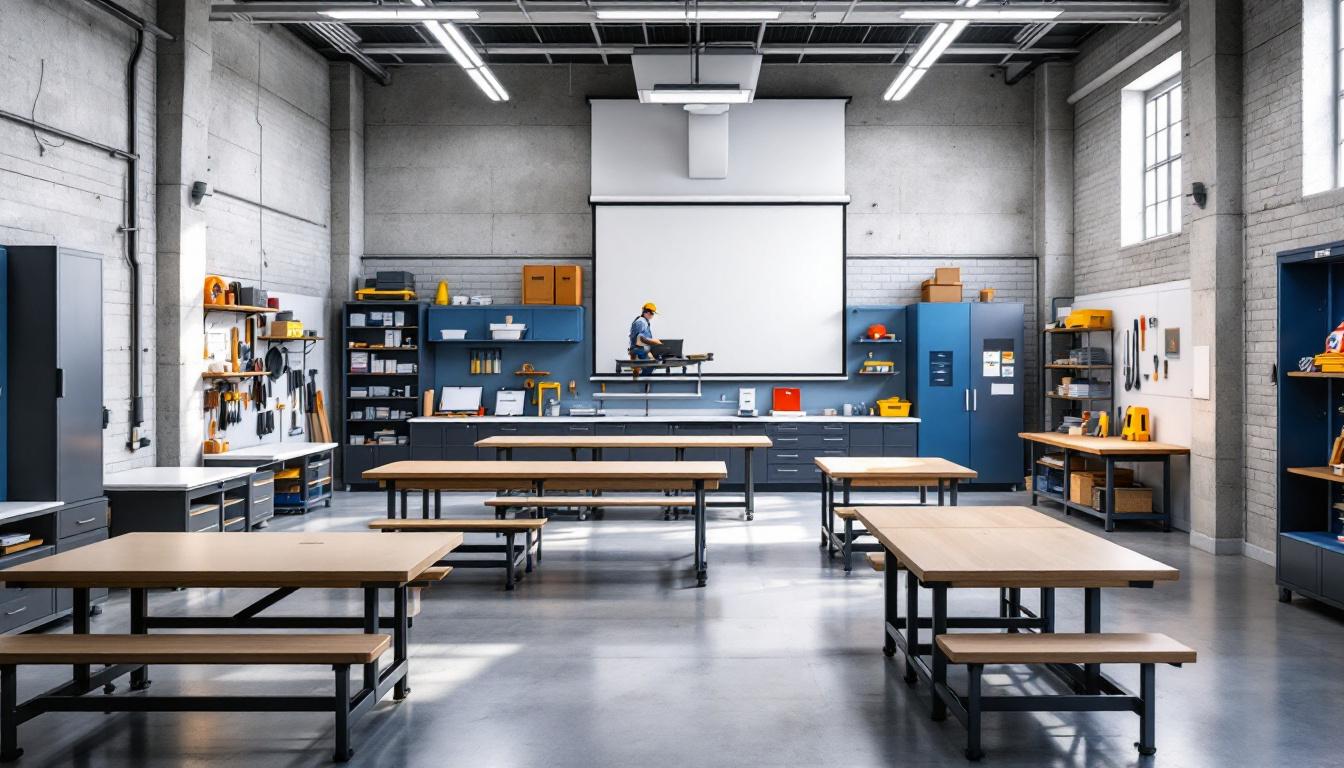
About Blount County Juvenile Detention
Serving the correctional needs of Blount County and surrounding East Tennessee communities, the mission of maintaining public safety while supporting individual accountability drives operations at the Blount County Detention Center. Located in Maryville, this TN correctional facility operates within the framework of Tennessee’s broader correctional system, emphasizing both secure custody and structured programming designed to address the diverse needs of those in its care.
The facility’s operational philosophy centers on creating an environment where security measures work in conjunction with rehabilitative opportunities, recognizing that effective detention services extend beyond mere confinement. Through partnerships with community resources throughout the Maryville area and broader Blount County region, the detention center typically facilitates access to educational programming, substance abuse counseling, and vocational training opportunities. These collaborative efforts often include connections with local faith-based organizations, educational institutions, and social service providers who contribute to comprehensive support systems for those incarcerated services.
Daily operations at this detention center generally encompass medical care coordination, mental health support services, and structured activities designed to maintain order while promoting personal development. The facility may offer various programs aimed at addressing underlying issues that contribute to criminal behavior, often working closely with probation services, court systems, and community reentry organizations to ensure continuity of care. This integrated approach reflects the broader understanding that successful detention operations require ongoing collaboration between institutional staff and community partners throughout the rehabilitation and reintegration process.
Programs & Services
Personal transformation begins through carefully structured opportunities that address the multifaceted needs of those incarcerated at Blount County Detention Center. The facility’s comprehensive approach recognizes that meaningful change requires addressing educational deficits, developing practical skills, and fostering emotional well-being within a secure environment. This philosophy shapes an array of offerings designed to prepare individuals for successful community reintegration while maintaining institutional safety and order.
Educational advancement serves as a cornerstone of the facility’s developmental framework, with education services typically encompassing literacy improvement, high school equivalency preparation, and foundational academic skills. These educational opportunities often complement vocational programs that may furnish practical training in electrical work and landscaping, providing those incarcerated with marketable skills that enhance employment prospects upon release. The structured nature of these offerings creates a productive environment where participants can develop both technical competencies and work habits essential for future success.
In addition to these skill-building initiatives, the facility typically provides therapeutic and support services that address deeper personal challenges. Dual diagnosis treatment may offer specialized intervention for individuals managing both substance abuse issues and mental health conditions, while parenting classes often help participants strengthen family relationships and develop effective child-rearing strategies. Faith-based programs frequently serve as another avenue for personal growth, providing spiritual guidance and community support that many find instrumental in their rehabilitation journey. These diverse offerings collectively create a comprehensive support system that addresses the complex factors contributing to criminal behavior while promoting lasting positive change.
Daily Life & Visitation
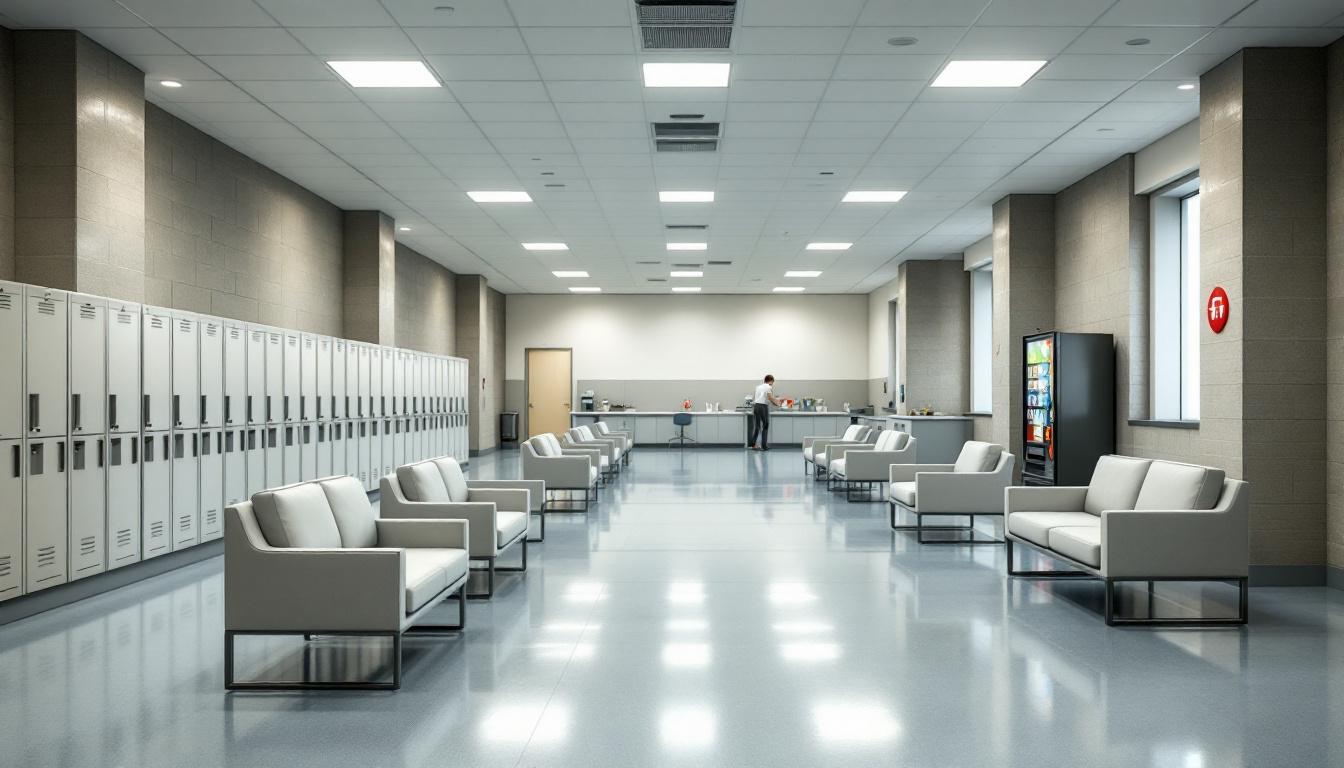
Strong family bonds and community connections serve as vital lifelines for those incarcerated at the Blount County Detention Center, where maintaining relationships with loved ones remains a central focus of daily existence. The facility currently operates on a structured schedule that begins with early morning counts and continues to provide consistent routines throughout the day, typically including designated meal times, recreation periods, and programming opportunities. Those incarcerated generally follow established schedules that furnish stability and predictability, with activities often rotating between housing units to accommodate the facility’s population while ensuring adequate supervision and security protocols are maintained.
Living accommodations at the detention center typically consist of shared housing units where individuals may be housed with one or more cellmates, creating an environment where social interactions naturally develop among residents. In addition to this communal living arrangement, the facility generally provides common areas where those incarcerated can gather during designated recreation periods, participate in structured activities, or simply engage in conversation with fellow residents. Meals are usually served in central dining areas or delivered to housing units, depending on the facility’s current operational procedures, and these dining periods often become important social times when individuals can connect with others and maintain a sense of community despite their circumstances.
Despite this structured environment, the detention center continues to emphasize the importance of maintaining outside connections through various communication options that may include scheduled telephone calls, video visitation systems, and traditional in-person visits when permitted. Those incarcerated typically have access to commissary services where they can purchase personal items and snacks, often using funds provided by family members who remain actively involved in their support system. Work assignments within the facility generally include maintenance duties, kitchen assistance, and cleaning responsibilities that not dedicated furnish structure to daily routines but also provide opportunities for individuals to contribute meaningfully to their community while developing valuable skills and maintaining a sense of purpose during their incarceration.
Ready to Connect?
Start communicating with your loved one today
Search for an Inmate
